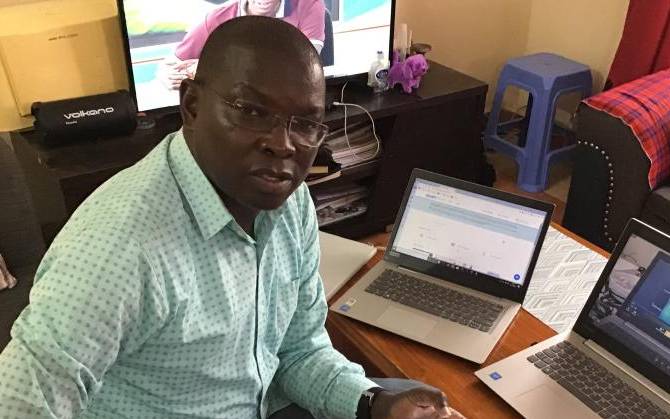×
The Standard e-Paper
Fearless, Trusted News

Racial slurs by white students at a university in Europe prompted Kenyan scholar Dr Tom Mboya Okaya to take a refuge online while teaching there for two years after the completion of his PhD studies.
“I would see that they had reservations about my competence on the basis of my accent and colour whenever I appeared in front of them during lecture sessions contrary to how they perceived white lecturers and that made me uncomfortable, hence my preference to do it online,” he reminisces.